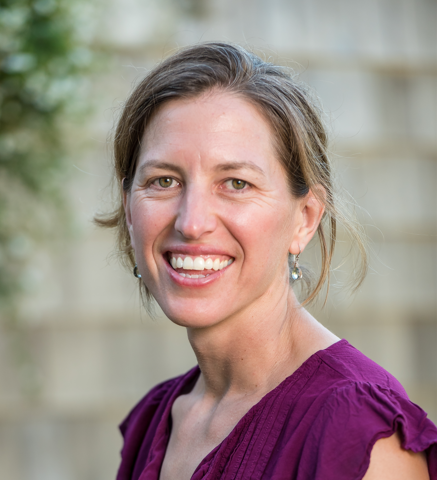
Date:
Location:
Speaker:
Abstract:
Plants are some of the best chemists on the planet and produce an impressive array of small molecules. We are inspired by the fact that humans are extraordinarily reliant on plant chemistry for food, medicine, and energy. However, remarkably little is known about how plants make these molecules and their biological function, limiting our ability to engineer and optimize plant metabolic pathways. New plant genome sequences and synthetic biology tools have enabled four research areas under investigation in my lab: 1) Identifying the minimum set of enzymes required to produce plant-derived molecules used in the clinic, 2) the discovery of new molecules and mechanisms that enable plants to cope with pathogens and environmental stress, 3) dissecting the molecular components of diet and the role of these molecules in human health and disease and 4) the development of new tools to enable the discovery and engineering of plant chemistry. In this talk, I will describe some of our recent efforts to accelerate the discovery of complete biosynthetic pathways in medicinal and crop plants and new insights about the logic of plant metabolism we have learned along the way.
Bio:
Elizabeth Sattely is an Associate Professor in the Department of Chemical Engineering at Stanford and an HHMI Investigator. She completed her graduate training at Boston College in organic chemistry and her postdoctoral studies in biochemistry at Harvard Medical School where she worked on natural product biosynthesis in bacteria. Inspired by human reliance on plants and plant-derived molecules for food and medicine, the Sattely laboratory is focused on the discovery and engineering of plant metabolic pathways to make molecules important for both human and plant health. Her work has been recognized by several agencies, including a DOE Early Career Award, a DARPA Young Faculty Award, a AAAS Mason Women in Science Award and an AIChE Colburn Award.



